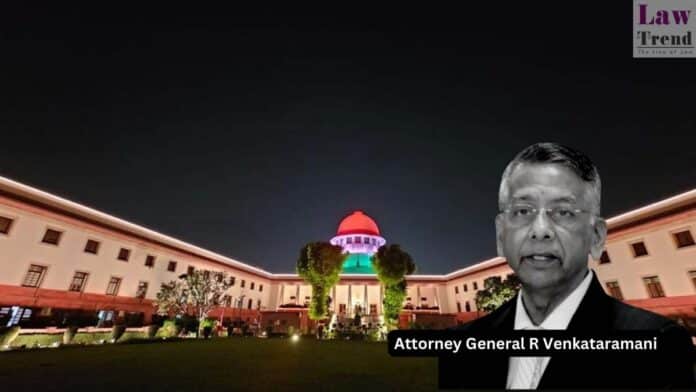During a Supreme Court hearing on Wednesday, Attorney General R Venkataramani emphasized that the effectuation of fundamental duties is a perpetual endeavor, requiring specific legislative measures, schemes, and oversight. The court session, presided over by Justices Sanjiv Khanna, Sanjay Kumar, and R Mahadevan, addressed a plea by lawyer Durga Dutt, which calls for the creation of defined laws and rules to ensure adherence to the fundamental duties outlined in the Constitution.
Venkataramani elaborated that while it is not the judiciary’s role to compel the legislature on the enactment of laws, the courts have played a proactive role in aligning judicial processes with these fundamental duties, aiding in their interpretation and application across various legal and constitutional issues. He reinforced that these duties serve not only as legal guidelines but also as social obligations for all citizens of India.
The plea under discussion sought judicial directions to both the Central and state governments to foster compliance with fundamental duties, proposing that non-adherence impacts the enjoyment of fundamental rights enshrined in Articles 14, 19, and 21 of the Constitution. It advocated for incentives to encourage citizens to fulfill these duties and called for public awareness campaigns to sensitize the populace to their importance.
In his written note to the court, Venkataramani acknowledged the ongoing responsibilities of the executive and judiciary in ensuring these duties are fulfilled, citing the non-justiciable nature of Article 51-A of the Constitution, which encompasses these duties, as a challenge to their enforceability. He referenced the establishment of a committee in 1998 aimed at operationalizing these duties through educational and cultural initiatives.




